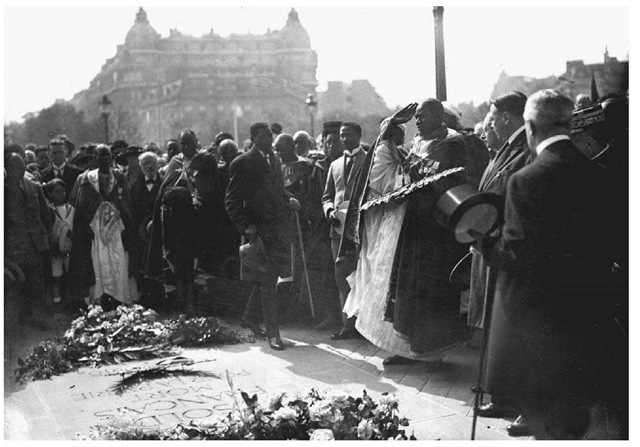1527-1608
John Dee was an English geographer, mathematician, scientist, antiquarian scholar, and political advisor. Of Welsh ancestry, he was born in London in 1527 and was educated at St. John’s College of Cambridge University, and at the University of Louvain in what is today Belgium. One of the leading scientists of his time, Dee was also a promoter of English colonial expansion and might be considered the intellectual father of the British Empire. A true Renaissance man, he was active in many fields of scholarship, including geography, mathematics, philosophy, alchemy, and astrology.
Dee had a long association with Queen Elizabeth I (1533-1603) of England, even casting the horoscope to determine the most auspicious date for her coronation in 1558. He was also a friend and associate of most of the leading figures of Elizabethan England, including such explorers as Sir Martin Frobisher (ca. 1535-1594), John Davis (1543-1605), Sir Walter Raleigh (ca. 1554-1618), Sir Francis Drake (ca. 1543-1596), and Sir Humphrey Gilbert (ca. 1539-1583), who agreed to grant Dee most of Canada if his voyage were successful, which it was not. Dee advised each of these men on their expeditions, often providing navigational information. He also advised on expeditions to find a Northeast Passage to China and was instrumental in the formation of the Muscovy Company, which opened up trade with Russia.
Dee traveled extensively on the continent of Europe and was a friend and colleague of the leading geographers and cartographers of the time, including Gerardus Mercator (1512-1594), Gemma Frisius (1508-1555), Abraham Ortelius (1527-1598), Orontius Finaeus (1494-1555), and Pedro Nunez (1492-1577). His contacts with these scholars allowed him to assemble the largest library in England, larger even than those at Oxford and Cambridge universities. Dee was also able to invent and introduce many technical innovations, such as particular globes, compasses, and navigational charts, to English explorers, although he was unsuccessful in his attempt to introduce the Gregorian calendar into England. Later in his life, Dee also served as an advisor, mainly on alchemical topics, to the king of Poland and to Holy Roman Emperor Rudolf II (1552-1612).
Much of Dee’s geographical writing was concerned with English imperial expansion. In 1570 he presented a map with accompanying text to Queen Elizabeth, outlining arguments for her title to lands in the North Atlantic and in America. He also drew up plans for the colonizing of North America. His most important geographical work, titled General and Rare Memorials Pertayning to the Perfect Arte of Navigation, was published in 1577. This topic suggested the immediate establishment of a ”Petty Navy Royal,” or coast guard, to protect England’s shores, as well as expansion of the ”Grand Navy Royal.” Dee urged England to become a maritime power and establish a ”British Empire” (Dee’s own phrase) that would rival Spain’s and would give England commercial advantages, such as markets for its woolens.
Dee unfortunately fell out of favor after the death of Elizabeth in 1603, and he died in obscurity in 1608. Today he is often remembered for his alchemical and astrological work, though appreciation of him as a leading geographer is increasing.
Blaise Diagne in Paris, 1922. West African and French dignitaries place flowers on the tomb of the unknown soldier in Paris. The Senegalese statesman Blaise Diagne stands at the center with hat in hand.

